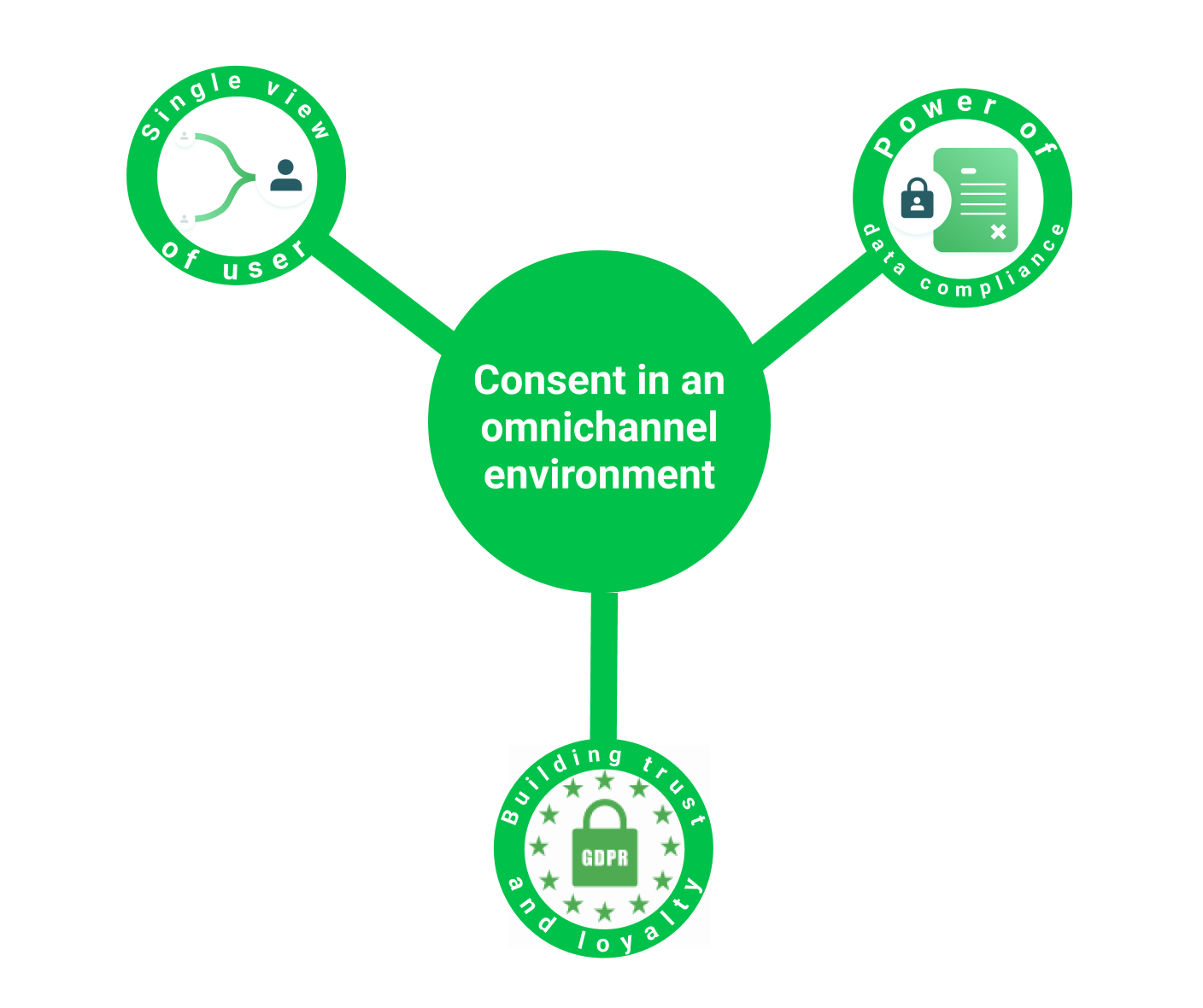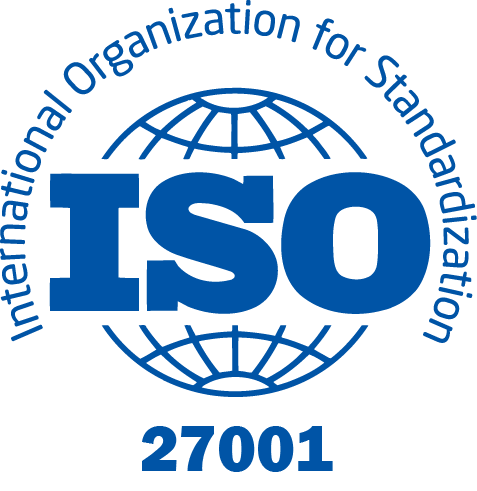Consent: A Pillar of Privacy Protection
It is important to understand what consent is.
The Definition of Consent by CNIL
The CNIL defines consent as "any manifestation of free, specific, informed and unambiguous will by which the data subject accepts, by a declaration or by a clear positive act, that personal data concerning him or her may be processed." Consent is one of the 6 legal bases provided for by the RGPD which authorizes the implementation of personal data processing. However, it is important to know that the consent of the person is not systematically required for some processing.
The fact that the environment is omnichannel, i.e. with several points of contact with customers, makes the management of consents more difficult because they must respect the same basis of conditions.
Nevertheless, it presents new challenges and opportunities for product realization and information. Allowing users to manage their own security settings and profile is key.
Challenges of Consents in an Omnichannel Environment
Consent in an omnichannel environment has many advantages such as:
- Having a single view of the user: respecting the rights of the data subject under the RGPD is important and requires consistent and unified identity management, but collecting siloed identities across multiple identity stores makes this difficult.
- Respect the power of data compliance: transferring data across borders to create opportunities as well as compliance risks. This transfer is still regulated for privacy and therefore requires many organizations to localize their data.
- Building trust and loyalty: Consent compliance is mandatory, the GDPR and CCPA require organizations to give consumers the ability to manage their own profile and privacy settings.
Faced with these benefits, consents in an omnichannel environment also have many challenges such as:
- Marketing costs
- Compliance costs
- Customer Service costs
Creating Value through Omnichannel Integration
Having an effective omnichannel environment also requires the right consent structure itself, which includes components such as implementing a simple and affordable process; tracking and centralizing consents in real time; presenting and orchestrating customer data to obtain actionable customer insights; and layering contact flows based on consumer consent for each channel.
Value creation is the key to omnichannel excellence, and those who succeed in being omnichannel leaders have the opportunity to decide who they want to be from an omnichannel perspective after carefully considering their priorities with respect to their customers and strategy.
If you would like to receive more information, advice and/or a demonstration of our offer, our expert Kanna- Linh is ready to discuss with you during a free 15-minute call.

Kanna-Linh Guillé
Chef de projet Marketing& Communication
Choose your 15 minutes Catch Up






